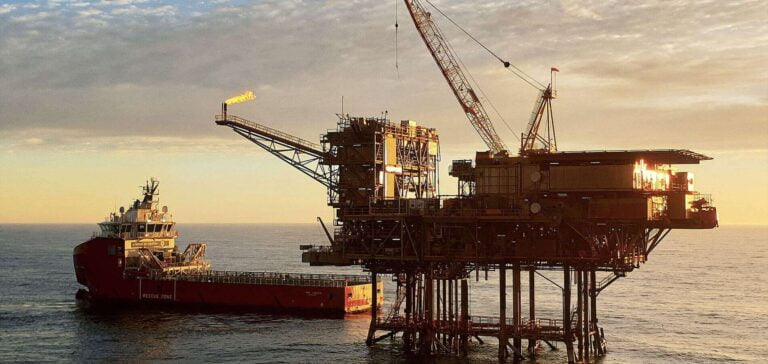Bacalhau, anEquinor oil project offshore Brazil, will be carried out in partnership with Subsea Integration Alliance.
The contract covers engineering, procurement, construction and installation of subsea production systems and flowlines.
Offshore operations will start in 2022.
Bacalhau: working together since 2020
Subsea Integration Alliance is an unincorporated alliance between Subsea 7 and One Subsea.
One Subsea is Schlumberger’s subsea technology, production and processing systems division.
The company has been working with Equinor since 2020 to maximize the potential of the Bacalhau field.
To do this, the company is using a portfolio of cutting-edge technologies and services.
Donnie Ross, President Production Systems at Schlumberger, is delighted with the collaboration.
A project at a depth of 2,050 metres
The Bacalhau field is located 185 kilometers off the Brazilian coast, in the state of São Paulo.
Depth is 2,050 meters.
Bacalhau is Brazil’s first integrated SPS and SURF project.
The initial engineering design phase began in January 2020.
Subsea Integration Alliance will now move on to EPCI activities.
Offshore activities will start in 2022 with reel laying and light construction.
This collaboration underlines Subsea Integration Alliance’s leading position in this market.
It also strengthens Equinor’s presence in Brazil.





















